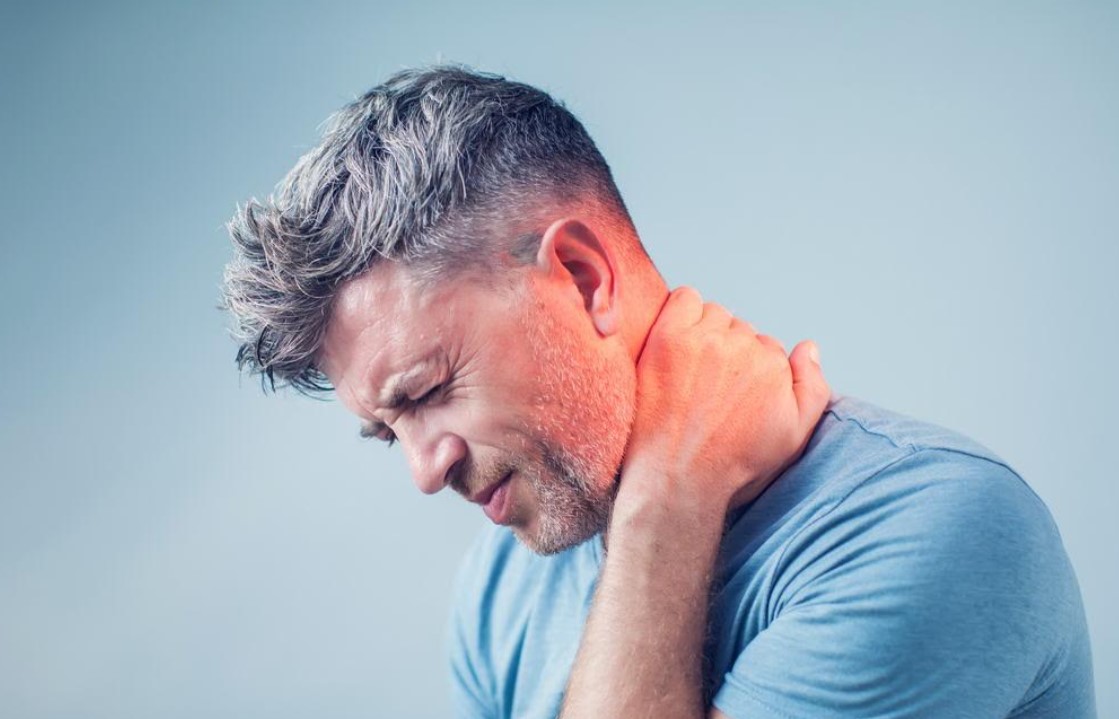Cannabis Pain Relief: How Important Is Anecdotal Data?

Millions of people throughout the U.S. use cannabis. Some use it recreationally; others use it medicinally. Among medical users, Utahmarijuana.org says that the most commonly cited medical condition is chronic pain. But does cannabis really offer pain relief? Furthermore, how important is anecdotal data in determining how well cannabis relieves pain?
A recently released study suggests that cannabis works no better than placebo at relieving pain. On the other hand, another recently released study shows that roughly a third of all chronic pain patients treat their pain with cannabis. A fair number of them report using fewer prescription cannabinoids as a result.
The two studies offer somewhat contradictory data. So at what point do we consider the anecdotal data? If people report feeling better after using cannabis, doesn’t that count for something? It does. But feeling better doesn’t necessarily equate to a measurable biological response.
Mechanisms Remain Unclear
Let us just assume for a minute that cannabis is an effective pain reliever. Scientists have attempted to determine the mechanism behind such relief. To date, they haven’t been completely successful. Researchers have come up with some possible explanations, but we still don’t have a concrete idea of how cannabis relieves pain.
Not understanding the mechanism is problematic. But it is not an excuse to say that cannabis does not work as a pain reliever. We do not fully understand how platelet-rich plasma (PRP) and stem cell injections work to relieve musculoskeletal pain. Yet both anecdotal and research evidence show that to be the case.
Pain Relief Is the Goal
Further complicating matters is Western medicine’s scientific standards. Western medicine is based primarily on medications, medical devices, and physical interventions. Neither medical science nor the FDA are willing to greenlight new therapies without rigorous scientific data proving their efficacy.
This is not necessarily a bad approach, but it does have one big flaw: Western medicine allows very little room for anecdotal evidence. If a new therapy cannot be proved through clinical trials, anecdotal evidence is dismissed as being meaningless.
With that being the case, consider the whole prospect of pain relief. Relief is the goal whether a doctor prescribes opioid medications, OTC painkillers, or physical therapy. Do the mechanisms of success matter if a patient finds relief? Probably not. Even if cannabis turned out to be no better than placebo for pain relief – and there’s reason to be skeptical – people who rely on cannabis to relieve pain are taking what amounts to a placebo. But it works, so what does it matter?
Pain Is a Subjective Thing
Something else to consider is the fact that pain is a very subjective thing. When you visit your GP, the nurse can measure your blood pressure and heart rate using pretty standard procedures. Both numbers can be determined with scientific accuracy. Pain doesn’t work that way.
There is no device a nurse can hook to your arm to measure how much pain you are feeling. Pain doesn’t show up on an x-ray or sonogram. Pain is little more than a perception of the brain. Therefore, measuring it is left to asking patients how they feel. The doctor simply asks a patient to rate their pain on a scale of 1 to 5.
It is clear that we should not base medical decisions solely on anecdotal evidence. On the other hand, we should not base all medical decisions on clinical trials either. Neither form of evidence is 100% accurate. Both need to be considered. And where cannabis pain relief is concerned, anecdotal evidence needs a bit more consideration than it currently gets.




